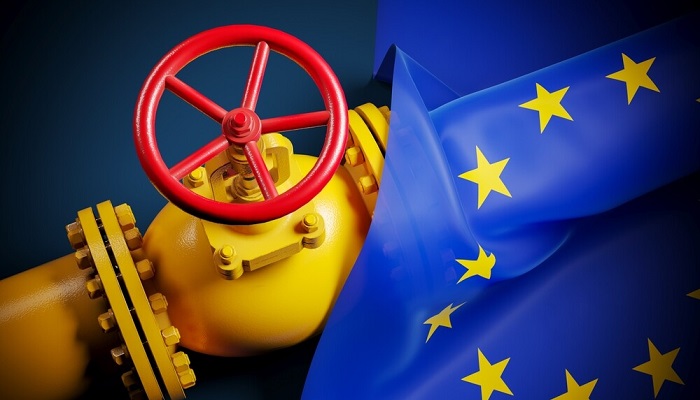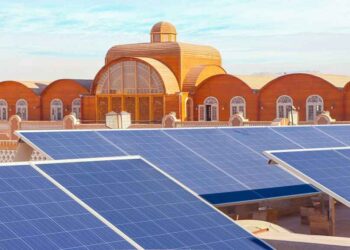In a new development, the energy ministers across the European Union- EU have gone on to decide to extend the cap when it comes to gas prices up until January 2025.
Apparently, the price cap, which has never been activated, happened to be first approved in December 2022 as part of the emergency response of the bloc to the energy crisis that had gone on to send gas bills to unsustainable heights and at the same time fuelled record-breaking inflation.
It is well to be noted that the introduction of these measures went on to become the dividing line across countries that happen to favor forceful market intervention, such as France, Spain, as well as Belgium, and those who, such as Germany, the Netherlands, and Estonia, opposed playing with the long-established rules out because of the fear of scaring away providers from abroad.
Interestingly, the energy experts reviled the proposal, thereby debating that it would do away with the free market as well as eradicate the signals that go on to guide the distribution of supplies.
Notably, the debate went on for months till the time a consensus was reached so as to establish a price cap along with stringent conditions for activation. Apparently, the cap can only be triggered when:
- The month-ahead cost at the Title Transfer Facility- TTF which is Europe’s leading trading hub when it comes to wholesale gas, goes beyond €180 per megawatt-hour for 3 working days.
- The month-ahead gas price within the TTF is €35 more than the reference price for liquefied natural gas- LNG on international markets for a period of 3 working days.
The fact is that if both conditions are being met, transactions when it comes to virtual hubs will get suspended, thereby creating a limit that’s artificial within the price that the market sets completely based on supply and demand. But the two-step process as well as the high price ceilings make it very unlikely that the cap will ever get activated. The trading at the TTF shut at €35.55, which was one of the lowest figures that was seen over the last two years.
Still, the energy ministers opted to extend this step until January 2025, debating that the energy markets happen to be too fragile since Russia’s war on Ukraine goes on.
Speaking on behalf of the council, Spanish minister for ecological transition Teresa Ribera said that this is going to allow them to make sure the balance of the energy markets, cut the effect of the crisis, as well as safeguard EU citizens from rising energy prices.
It is well to be noted that the ministers also decided to make sure to extend until December this year an urgent regulation so as to coordinate gas purchases as well as cross-border exchanges when there are shortages.
Significantly, a third law, which happens to be designed to accelerate the rollout of renewable systems, is going to be prolonged until the end of June 2025.



















































